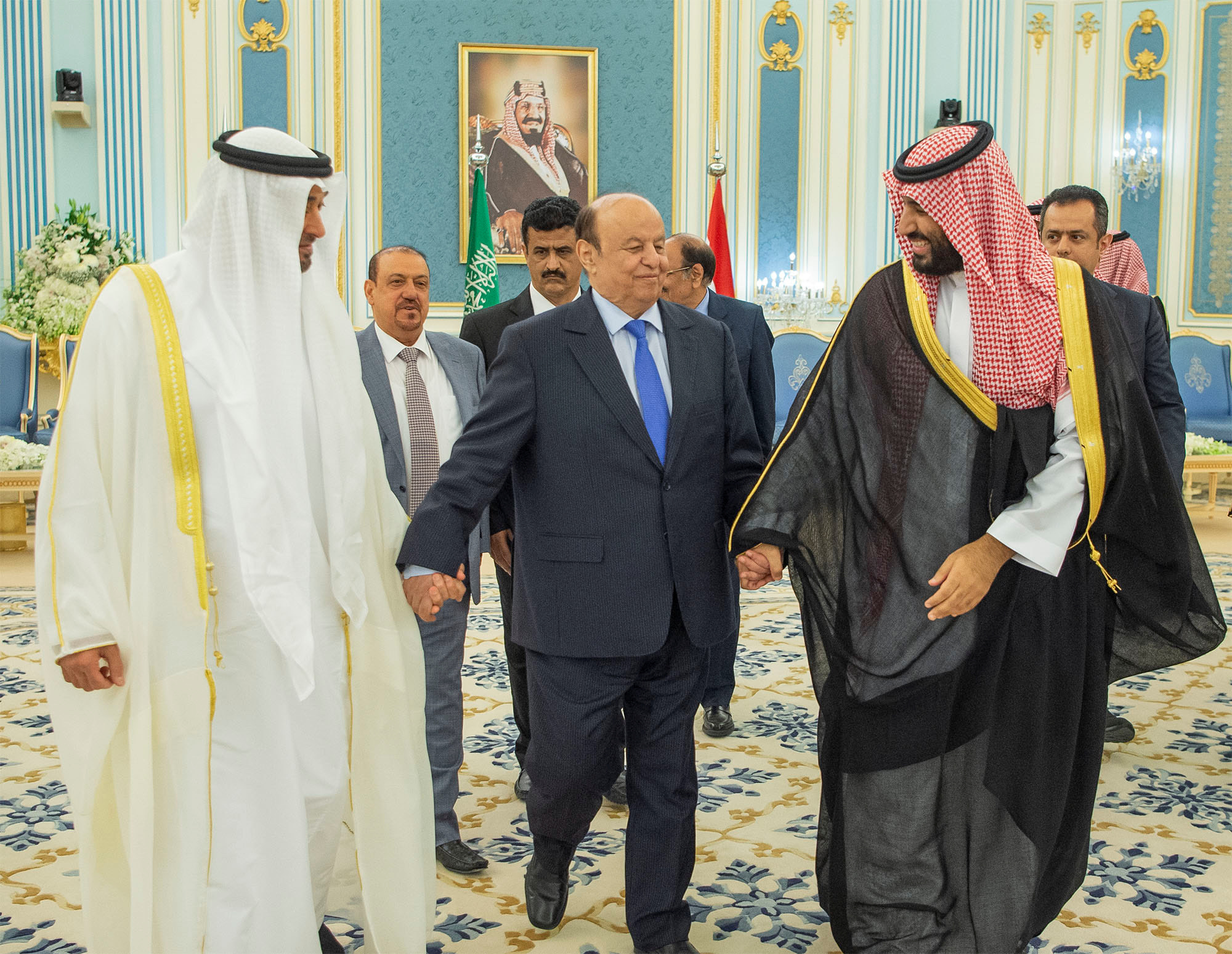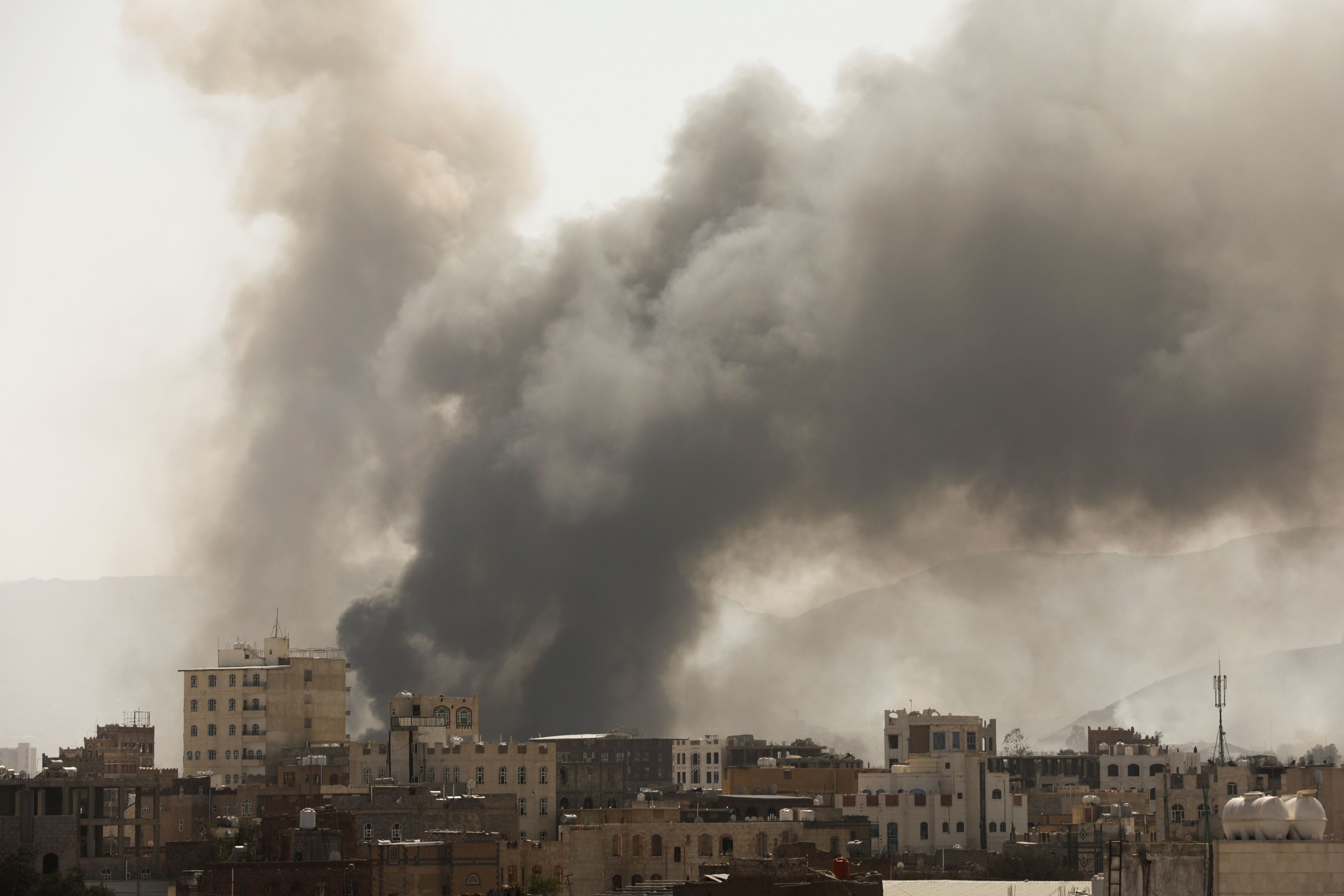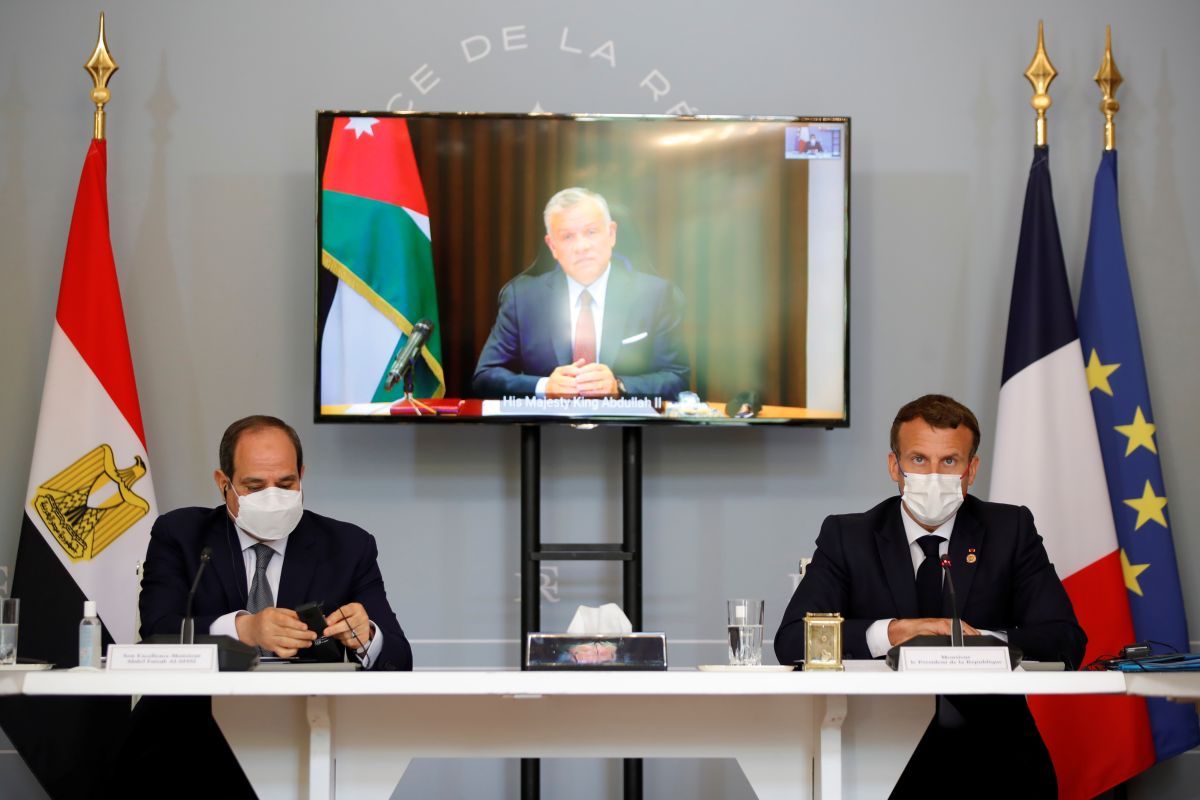Yemen President's Resignation: An Opportunity for the Peace Process
On 7 April, Abdrabbuh Mansur Hadi, the president of Yemen, a state mired in a civil war since 2014, resigned amid a fall in support for him among the anti-Houthi forces, the deteriorating living conditions in territories under his government’s control, and pressure from Gulf states. Hadi’s resignation may lead to increased coherence among the Houthis’ opponents in the short term, but strife between the factions will resume if the peace process does not progress quickly.
 SAUDI PRESS AGENCY/ Reuters/ FORUM
SAUDI PRESS AGENCY/ Reuters/ FORUM
What were the circumstances of the president’s resignation?
On 1 April, the UN Special Representative for Yemen announced the start of a two-month truce in that country. The agreement was signed by representatives of the Iran-backed Houthi militias (which now control the majority of the population) and the internationally recognised government of Abdrabbuh Mansur Hadi (supported by a coalition of Arab states led by Saudi Arabia, it controls most of the southeastern territories). While this truce is an informal agreement and does not present a mechanism for further de-escalation, it allows for the implementation of confidence-building measures between the parties. It assumes the suspension of coalition raids on Houthi positions, easing of the fuel embargo on the port of Hodeidah, and permission for commercial flights to the capital Sanaa, both under Houthi control. The consent to such conditions, previously considered insufficient by the Houthis and as too much by the pro-government side, comes after the Houthis suffered losses of territory, which made interruption of the recently intensified fighting beneficial for both sides.
Six days after the signing of the truce, and on the last day of the Gulf Cooperation Council (GCC) consultations on ending the war in Yemen, the president resigned. Just prior, he dismissed his deputy, Ali Mohsen al-Ahmar, and handed over power to the newly appointed Presidential Council. Its eight members, four from the north and four from the south, were elected in advance by GCC delegates.
What made Hadi resign?
Hadi’s resignation was linked to both the decline in support for him and the priorities of foreign actors. At the end of last year, Yemenis protested against the deteriorating living conditions, which include high inflation, unpaid wages in the public sector, and lack of access to basic services. Since then, the protests have intensified. Other government members’ support for Hadi also waned, with some accusing the president residing in Riyadh of merely carrying out Saudi Arabia’s orders at Yemen’s expense. At the same time, Saudi Arabia had been trying to reduce its role in the conflict by working out an agreement between the Yemeni government and the Houthi militias. It comes after high costs of the Kingdom’s involvement in the war and the fear of further Houthi territorial conquests, which will make it easier for them to directly attack Saudi Arabia proper. The Houthis, however, refused to talk to Hadi, which led to pressure from Saudi Arabia on him to resign.
How did the former president’s actions affect the cohesion of the anti-Houthi forces?
In 2019, the Hadi government and the South Transitional Council (STC) supported by the United Arab Emirates (UAE), a group seeking the independence of southern Yemen, signed an agreement in Riyadh. The goal was to bring together the groups fighting against the Houthis. Despite the agreement, members of the STC and other southern separatist groups opposed Hadi, accusing him of favouring foreign interests—mainly Saudi Arabia’s—and his administration of having ties to the Islah party, which is hostile to the southern independence aspirations. The internal disputes weakened the president and limited the effectiveness of the anti-Houthi actions, which resulted, until recently, in a lack of progress in regaining territory lost by the government.
What does Hadi’s resignation mean for the future of the conflict?
The establishment of the Presidential Council means the restoration of cooperation between Saudi Arabia and the UAE in Yemen, where in recent years they have been supporting rival groups. After the announcement of Hadi’s resignation, Saudi Arabia and the UAE announced a transfer of $3 billion to support Yemen—$ 1 billion from each for the Yemeni Central Bank and an additional $1 billion from Saudi Arabia for oil purchases and development projects.
Hadi stressed that the most important task of the Presidential Council, which was also approved by Western countries, would be further peace talks. However, the Houthis rejected the Council as lacking the legitimacy to participate in the peace process. Another obstacle is the lack of participation of Yemeni society in the election of its members, which makes them perceived as representatives of foreign interests. Members from the south are closer to the UAE, while its chairman, Rashad al-Alimi, who has announced that he will negotiate an end to the war, has a close relationship with Saudi Arabia. In the short term, granting similar prerogatives to policymakers in the south and north may settle disputes within the groups opposing the Houthi, but their political goals remain contradictory. Therefore, it will be particularly important for a renewed peace process to achieve progress before the end of the truce period.




